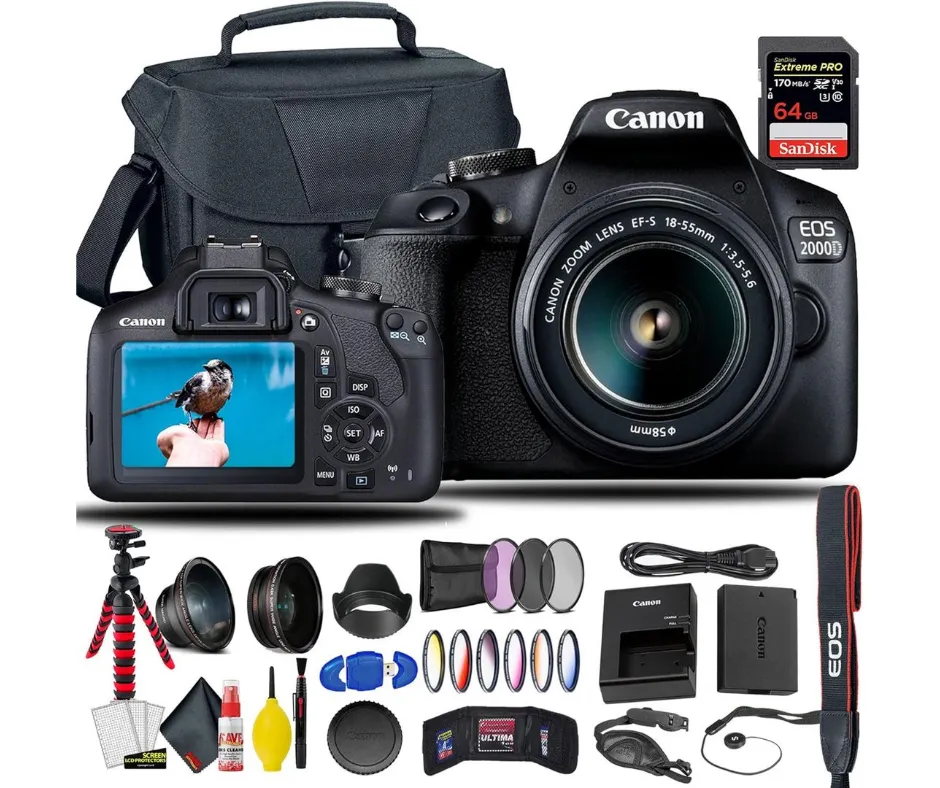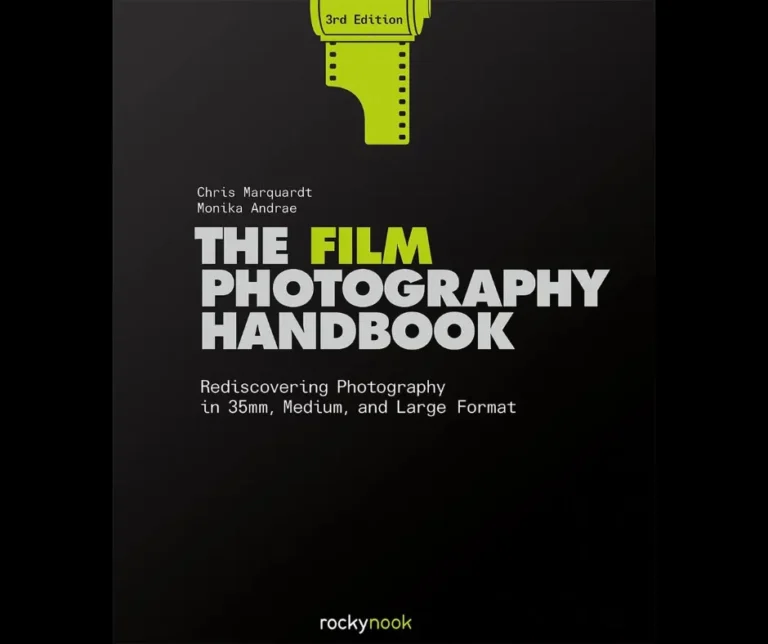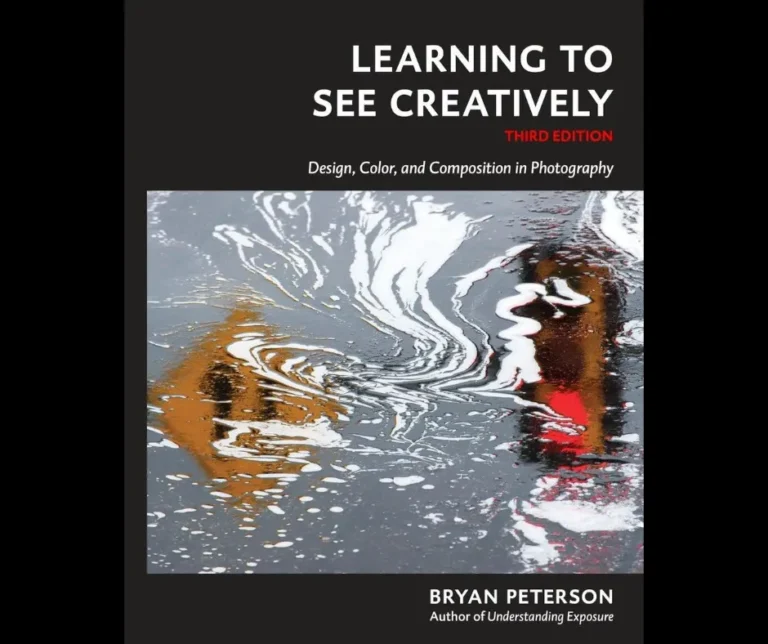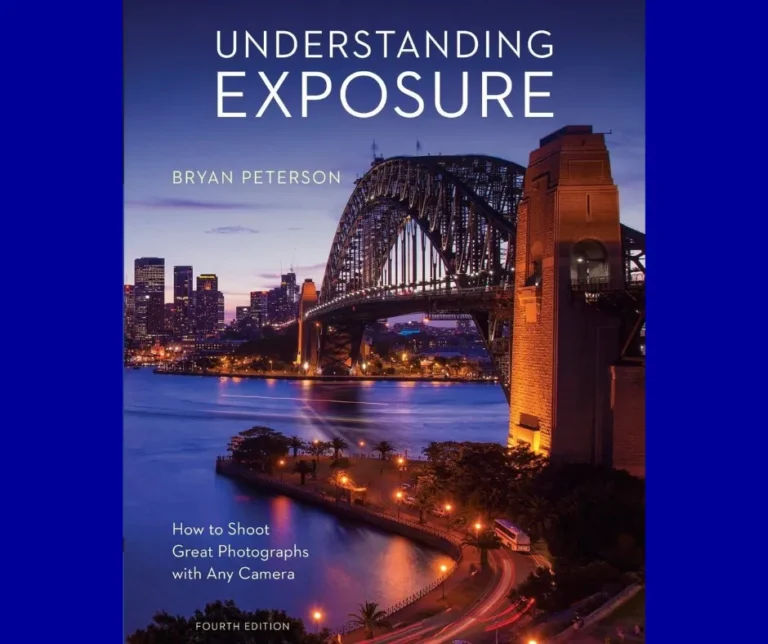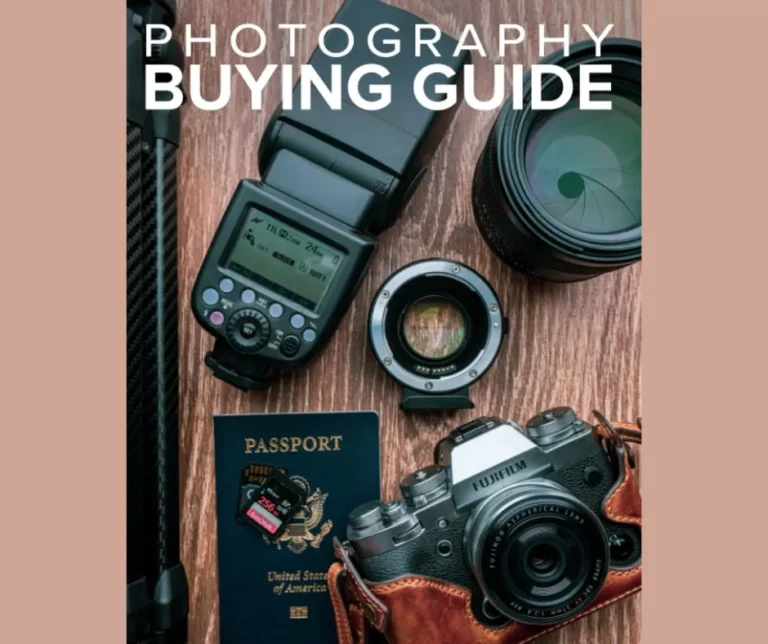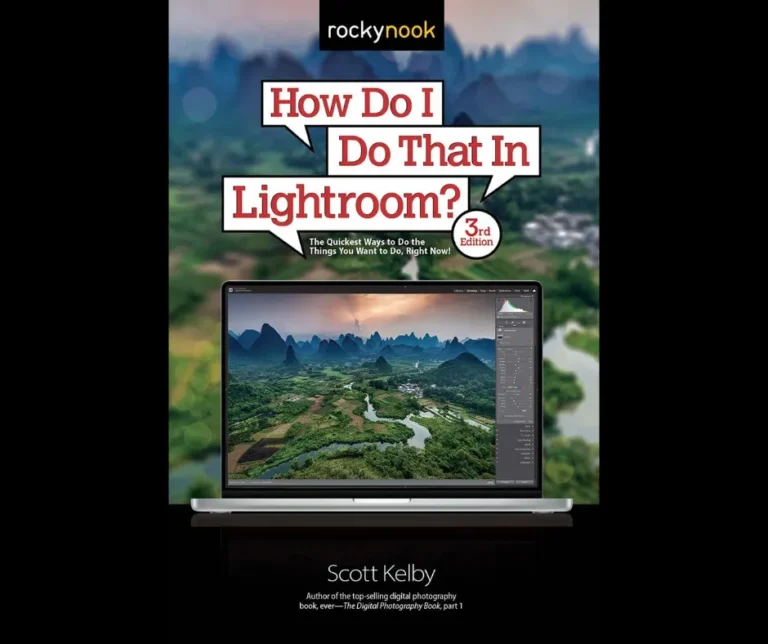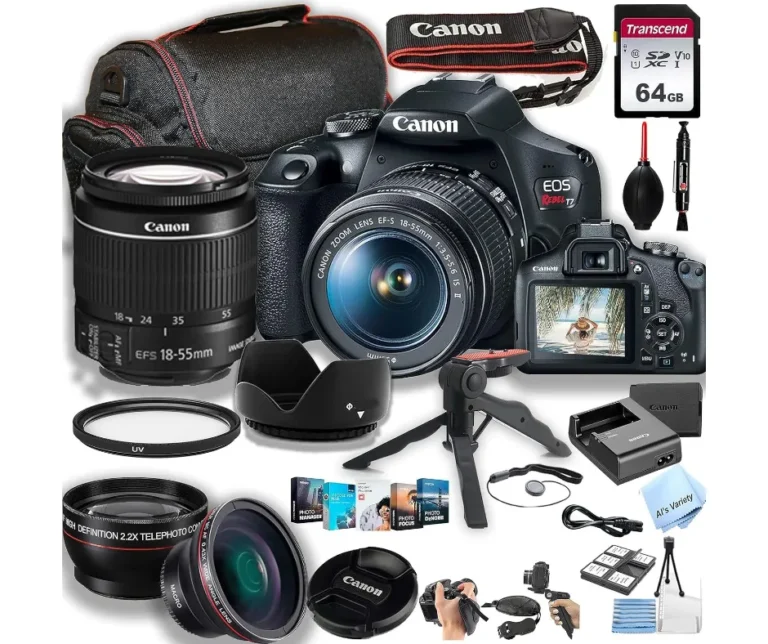What Camera to Buy as a Beginner Photographer
As the popularity of photography continues to rise, more and more individuals are becoming interested in pursuing it as a hobby or even a potential career.
With advancements in technology, there are now countless options available when it comes to purchasing a camera.
However, for beginners, this can often be overwhelming and lead to confusion and indecisiveness.
In order to capture stunning photos and develop your skills as a photographer, it’s crucial to have the right equipment.
This brings us to the question that many budding photographers ask themselves – “What Camera to Buy as a Beginner Photographer?” In this article, we will explore the key features and factors to consider when choosing a camera as a beginner photographer.
Whether you’re looking for a budget-friendly option or something with more advanced capabilities, this guide will help you make an informed decision and start your photographic journey on the right foot.
Table of Contents What Camera to Buy as a Beginner Photographer
Determine your photography needs beforehand
Before making a decision on which camera to purchase as a beginner photographer, it is crucial to determine your specific photography needs beforehand.
Take some time to reflect on the type of photography you are interested in and the subjects you plan to capture.
Are you drawn to landscape photography, portraits, wildlife, or street photography? Each genre has its own unique requirements in terms of equipment and features.
Consider factors such as image quality, low-light performance, autofocus capabilities, and the availability of interchangeable lenses.
By understanding your specific needs and preferences, you can make a more informed decision when selecting a camera that will best suit your photography journey.
Research and compare camera specifications
In order to make an informed decision about which camera to purchase as a beginner photographer, it is essential to thoroughly research and compare camera specifications.
This involves delving into the technical details of various camera models, such as sensor size, megapixel count, ISO range, and image stabilization capabilities.
By conducting thorough research, you can gain a deeper understanding of how these specifications impact the overall performance and image quality of the camera.
Additionally, comparing specifications across different camera models allows you to identify the features and capabilities that align with your specific photography needs.
Taking the time to research and compare camera specifications will empower you to select a camera that not only meets your current requirements but also allows for future growth and exploration in your photography journey.
Consider the brand’s reputation and support
When considering which camera to purchase as a beginner photographer, it is important to also take into account the brand’s reputation and level of support.
A reputable brand not only signifies a history of producing quality cameras but also indicates a commitment to customer satisfaction.
Researching the brand’s reputation can provide insights into their track record of reliability, durability, and customer service.
Look for brands that have a strong presence in the photography industry and are known for their consistent performance and innovative technology.
Additionally, consider the level of support offered by the brand, such as warranty coverage, technical assistance, and availability of accessories.
A brand that offers comprehensive support can provide peace of mind and ensure that you have the necessary resources and guidance as you navigate your journey as a beginner photographer.
Read reviews from experienced photographers
In order to make an informed decision when purchasing a camera as a beginner photographer, it is highly recommended to read reviews from experienced photographers.
These individuals have firsthand experience with various camera models and can provide valuable insights into their performance, features, and usability.
By reading their reviews, you can gain knowledge about the camera’s image quality, autofocus capabilities, low-light performance, and overall user experience.
Additionally, experienced photographers often share tips and recommendations based on their specific needs and preferences, which can help you align your requirements with the right camera.
Taking the time to read reviews from experienced photographers can greatly assist you in selecting a camera that meets your needs and sets you on the path to capturing stunning photographs.
Test out the camera before purchasing
It is vital to physically test out the camera before making a purchase as a beginner photographer.
While reading reviews and specifications can provide valuable information, nothing compares to the hands-on experience.
By visiting a camera store or borrowing a camera from a friend, you can get a feel for its weight, size, and ergonomics, ensuring that it is comfortable and easy to handle during extended shooting sessions.
Additionally, testing out the camera allows you to navigate through its menu system, explore different shooting modes, and experiment with its various settings and features.
This firsthand experience will help you determine if the camera’s interface and controls align with your photography style and preferences.
Furthermore, by taking test shots in different lighting conditions, you can evaluate the camera’s image quality, color reproduction, and noise performance.
Overall, physically testing out the camera will provide you with the confidence and assurance that you are making the right choice for your journey as a beginner photographer.
As a beginner photographer, choosing the right camera can seem like a daunting task.
However, by considering your budget, needs, and future goals, you can make an informed decision that will set you up for success in your photography journey.
Remember to also research and test out different options before making a purchase.
In the end, the best camera for you is one that not only meets your technical requirements but also feels comfortable and intuitive to use.
With the right camera, you can capture stunning images and continue to grow and improve as a photographer.
FAQ
What are the key features and specifications to consider when choosing a camera for beginner photography?
When choosing a camera for beginner photography, key features and specifications to consider include the camera’s sensor size, megapixels, ISO range, autofocus system, shooting modes, and connectivity options.
A larger sensor size will generally produce better image quality, while a higher megapixel count allows for larger prints.
A wider ISO range ensures good performance in different lighting conditions.
An advanced autofocus system helps in capturing sharp images.
Various shooting modes cater to different photography styles and levels of expertise.
Lastly, connectivity options like Wi-Fi or Bluetooth allow for easy sharing and remote control of the camera.
Should I opt for a DSLR or a mirrorless camera as a beginner photographer, and what are the pros and cons of each?
As a beginner photographer, both DSLR and mirrorless cameras have their advantages and disadvantages.
DSLRs generally offer better battery life, a wider range of lens options, and a larger optical viewfinder.
On the other hand, mirrorless cameras are usually more compact, have faster autofocus, and offer better video capabilities.
Ultimately, the choice depends on your specific needs and preferences.
If you value versatility and are willing to carry around a larger camera, a DSLR might be a good choice.
However, if portability and advanced technology are important to you, a mirrorless camera may be more suitable.
Consider trying out both options before making a decision.
Are there any specific camera brands that are recommended for beginner photographers, and why?
There are several camera brands that are recommended for beginner photographers, such as Canon, Nikon, and Sony.
These brands offer a wide range of entry-level DSLR and mirrorless cameras that are user-friendly, affordable, and produce high-quality images.
They often come with helpful features like automatic shooting modes, guided menus, and built-in tutorials, which make them ideal for beginners who are still learning the basics of photography.
Furthermore, these brands have a vast selection of lenses and accessories, making it easier for beginners to expand their photography skills as they progress.
Ultimately, the recommended brand depends on personal preferences and budget.
What lenses should I consider purchasing alongside my camera as a beginner photographer?
As a beginner photographer, it would be beneficial to consider three essential lenses: a wide-angle lens, a standard zoom lens, and a telephoto lens.
A wide-angle lens, such as a 35mm or 24mm, can capture a wider field of view and is great for landscape and architecture photography.
A standard zoom lens, like an 18-55mm or 24-70mm, is versatile and suitable for everyday photography.
Lastly, a telephoto lens, such as a 70-200mm or 55-250mm, allows you to capture distant subjects and is useful for wildlife and sports photography.
These lenses will provide you with a range of focal lengths and help you explore different genres of photography.
Are there any budget-friendly camera options available for beginner photographers that still offer good quality and versatility?
Yes, there are several budget-friendly camera options available for beginner photographers that offer good quality and versatility.
Some popular options include the Canon EOS Rebel T7, Nikon D3500, and Sony Alpha a6000.
These cameras typically come with a kit lens and offer features like high-resolution sensors, manual controls, and the ability to shoot in RAW format.
They also have various shooting modes and autofocus systems to help beginners capture great photos.
Additionally, there are many affordable lens options available for these cameras, allowing photographers to expand their creativity and versatility without breaking the bank.

